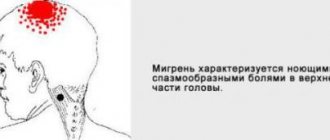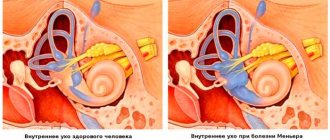Tearfulness is a normal psychophysiological reaction of a person to a stressful situation, mental shock and traumatic event. Women are susceptible to the problem of excessive tearfulness, largely due to hormonal changes that actively manifest themselves in adulthood.
The causes of deviations can also be mental illnesses, which must be treated in a timely manner to eliminate negative symptoms. Most often, tearfulness is a consequence of some disorder in the body or psyche, so during diagnosis it is important to identify the initial disease in a woman.
Causes of the condition
If we consider tearfulness, the reasons can be physiological and pathological. The first group includes those that are not associated with diseases. Sometimes behind tearfulness lies increased emotionality and sensitivity. Often this feature is noticeable already from childhood. In this case, you can only learn to restrain your emotions when necessary. Psychologists help with this.
Physiological characteristics include the appearance of tearfulness in adolescence and during menopause. This is due to changes in hormonal levels. Once it stabilizes, the symptoms will go away. In the case of menopause, the doctor may prescribe medications that help control hormonal levels and mood.
Two main causes of tearfulness: inadequate reaction of the nervous system or unstable hormonal levels.
They can develop against the background of diseases of the endocrine system or mental disorders.
Prevention and prognosis
If your mood is approaching a critical point and tears are already on the way, you need to be able to immediately abstract yourself from the irritant. An exercise with deep, energetic breaths will help with this. You can also just drink water, but you need to do it slowly and in small sips.
The most important thing is not to fall into a stupor, because immobility further aggravates the condition. You need to do something quickly to occupy your hands, for example, clench and unclench your fists several times or clap your hands. Prevents tears and frequent blinking. You can also force yourself to remember a funny episode or just go for a walk in the fresh air.
Why does a woman cry...and what to do about it? | an attempt to lift the veil of female incomprehensibility








